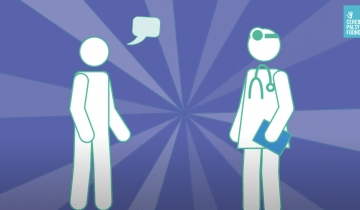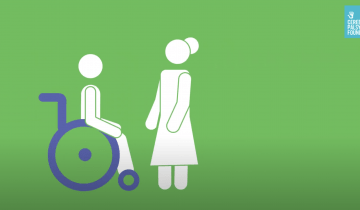This recent study found that over half of children and young people with Cerebral Palsy have more than one movement disorder, which is more common than previously thought.
Dr. Heather Riordan explains how different motor types can occur at the same time in some people and how to decide what to treat first.
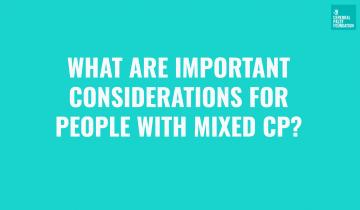
Neurologist and movement disorder specialist, Heather Riordan, MD, describes the Chorea in Cerebral Palsy and what to do if it is impacting your function.
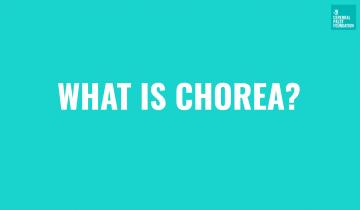
Ian "Two Guns" Cannon shares his story of overcoming adversity and empowerment through adaptive boxing.
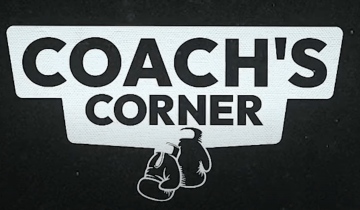
Accessible Yoga Practices is a great weekly newsletter and downloadable yoga guide for those with disabilities and caregivers interested in practicing yoga, on your own terms.
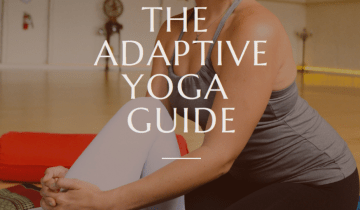
Written for fifth and sixth graders, this is the third in a series about Melody, now a teenager with cerebral palsy who utilizes a communication device to interact and participate. She is on her way to London!

Misty Campbell is parent of child with complex disabilities who wrote this book as a guide for other families to advocate for their own children with significant disabilities.
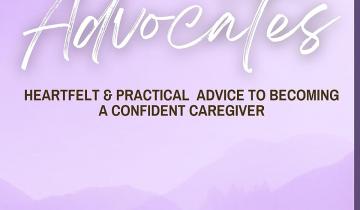
Written by Jessica Frew, this book is about her experiences growing up using a communication device, including the challenges she faced.
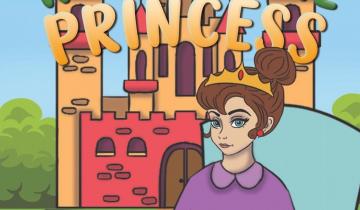
Going beyond ADA, this book provides practical tips, tricks and guidelines for people who are looking to build or renovate a home to be accessible.

Do you or your child have movements that are difficult to control? Is your mobility and function impacted by abnormal movements or do these movements cause pain? If so, you or your child may have Dyskinesia. If you want to learn more, including how it is treated, don't miss this educational Town Hall with experts Dr. Heather Riordan, from Kennedy Krieger Institute, and Dr. Michael Kruer, from Phoenix Children's.

Summer Camp is an experience that can benefit children with Cerebral Palsy! Camps create opportunities to make friends, learn new skills, build confidence, have an adventure, make a mess, and just have fun! Camps gives kids with disabilities the opportunity to just be kids. NO LIMITS. Whether it be a day camp or an overnight camp, there is bound to be something for everyone.
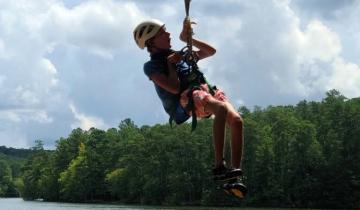
This review explores how muscles adapt to various forms of exercise in children and adolescents with CP.
Frame Running is a growing sport and now there is now a central hub for frame running information across the United States and Canada!
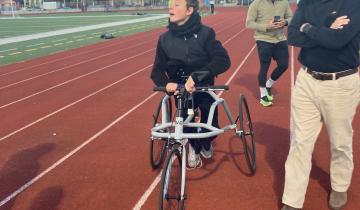
CPF Executive Director Rachel Byrne and Dr. Heather Riordan, Director of the Phelps Center for Cerebral Palsy at the Kennedy Krieger Institute discuss dyskinesia.
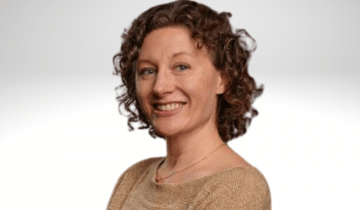
Written by parents and clinicians, this helpful toolkit is designed to provide support and resources after the initial diagnosis of CP and beyond.
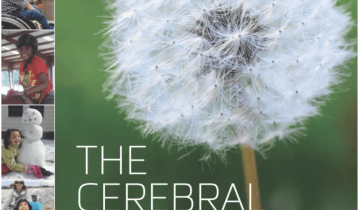
This powerful, practical book is meant to help children and adults have meaningful discussions about disability and ableism.
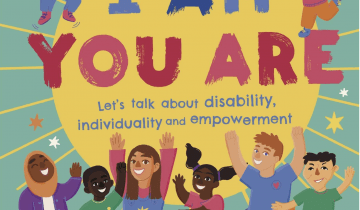
Learn more about the many adaptive recreational and competitive sports for individuals with cerebral palsy.
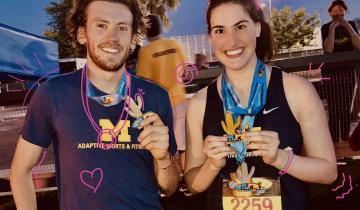
Too often, people with disabilities are relegated to being passive when it comes to the arts.

The Dyskinetic Cerebral Palsy Functional Impact Scale is a new tool useful measuring the functional impact of dyskinesia on children's movements and postures and the perceived impact of dyskinesia on daily activities. It can can help identify priorities for intervention.
This systematic review looks at all available evidence for pharmacological/neurosurgical interventions for managing dystonia in individuals with cerebral palsy to inform the AACPDM care pathway.
Hypotonic CP, also known as hypotonia, is a form of cerebral palsy that causes low muscle tone. In other words, the muscles are overly relaxed and your child may feel floppy.
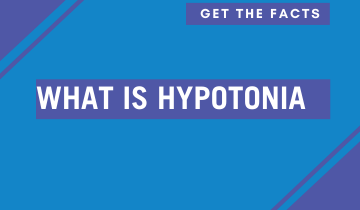
Mixed types of CP refer to symptoms that don’t correspond to any single type of CP but are a mix of types. For example, a child with mixed CP may have some muscles that are too tight and others that are too relaxed.
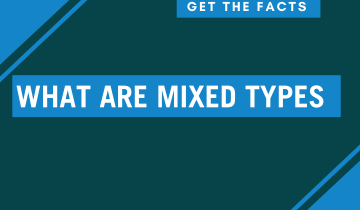
Ataxia affects balance and depth perception. Children with ataxia will often have poor coordination and walk unsteadily with a wide-based gait.
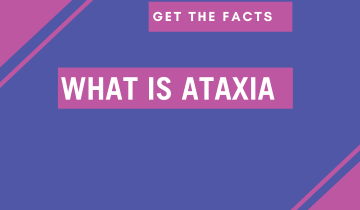
Dyskinesia is an umbrella term encompassing a range of different movements. These are all movements that can be out of your control. Dyskinesia is very common in cerebral palsy.
